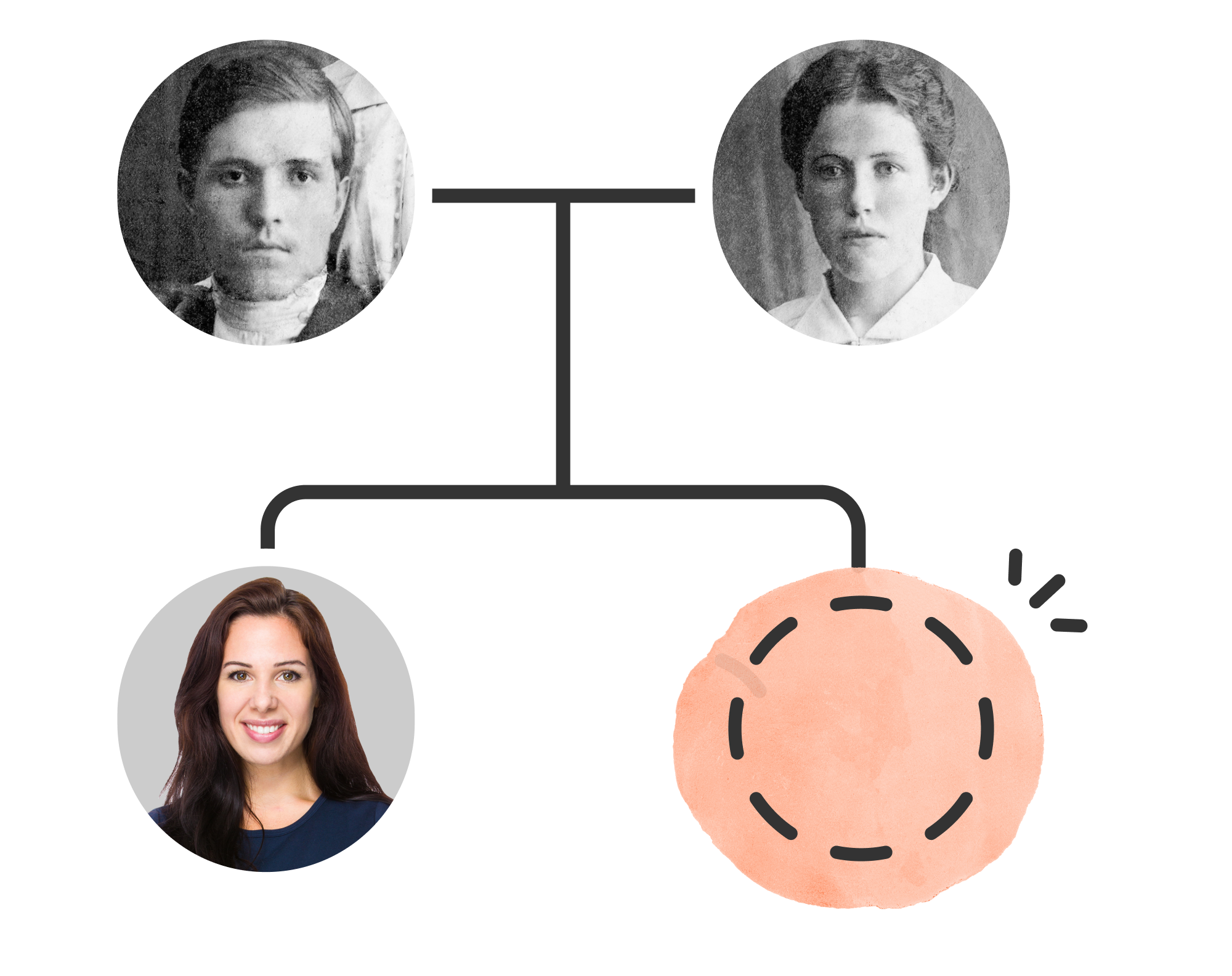
Genealogy, the study of family histories and lineages, has evolved from a niche pastime to a global phenomenon. Advances in technology, the digitization of records, and the availability of DNA testing have made uncovering one's roots more accessible than ever. Yet, with great power comes great responsibility. Ethical considerations are essential in genealogical research to ensure that our pursuit of the past respects privacy, accuracy, and cultural sensitivity.
Research your ancestors on MyHeritage
The Foundations of Ethical Genealogy
At its core, genealogical research is about truth-telling. It involves uncovering and preserving the stories of our ancestors and the legacies they left behind. However, this noble endeavor must be balanced with ethical principles that guide our actions:
- Accuracy Over Assumption: Genealogists must prioritize accuracy in their research. Making assumptions or drawing conclusions without proper evidence risks distorting family histories. Primary sources, such as birth certificates, marriage records, and wills, should always be preferred. When gaps exist, it's ethical to document them as uncertainties rather than fill them with speculative data.
- Respect for Privacy: Even though genealogy focuses on the past, it often intersects with living relatives. Publishing information about living individuals without their consent violates their privacy. It’s essential to anonymize or exclude sensitive data about living people unless explicit permission is granted.
- Cultural Sensitivity: Genealogical research can uncover histories of colonization, slavery, or other traumatic events. It is vital to approach these topics with sensitivity and an awareness of their cultural significance. Researchers must avoid exploitative or sensationalist narratives and instead aim to honor the stories of those affected.
- Acknowledging Biases: Historical records often reflect the biases and prejudices of the times in which they were created. Genealogists must critically evaluate sources and be mindful of how these biases might influence their interpretation of the data.
The Role of Technology in Ethical Genealogy
Modern genealogy relies heavily on technology, from online databases to DNA testing services. While these tools have revolutionized the field, they also raise ethical questions:
- DNA Testing: Sharing genetic data with testing companies can have privacy implications, not just for the individual but for their entire family. Researchers should ensure that all participants in a DNA project understand the potential risks and outcomes.
- Data Sharing: The digitization of historical records makes them widely accessible, but it also increases the risk of misuse. Genealogists must ensure that the data they share, especially online, is handled responsibly and does not violate copyright laws or personal privacy.
Ethical Considerations for Sensitive Discoveries
Genealogical research often uncovers unexpected or sensitive information, such as adoptions, illegitimacy, or criminal records. How these discoveries are handled is a test of the researcher’s ethical commitment. Before sharing such information, consider:
- Relevance: Is this information essential to the genealogical narrative?
- Harm: Could revealing this information cause distress or harm to others?
- Consent: Have the affected individuals or their descendants agreed to disclose this information?
The Ethical Genealogist’s Oath
While there is no universal code of conduct for genealogists, the following principles serve as a practical guide:
- Do No Harm: Always strive to protect the dignity and privacy of individuals, both living and deceased.
- Seek Truth, Not Convenience: Commit to thorough, evidence-based research.
- Respect the Stories of Others: Handle sensitive discoveries with care and empathy.
- Educate and Advocate: Promote ethical practices within the genealogical community.
Conclusion
Ethical genealogical research is not just about uncovering facts; it’s about telling the stories of our ancestors with integrity and respect. By adhering to ethical principles, genealogists ensure that their work not only honors the past but also serves as a trustworthy resource for future generations. Genealogy, after all, is not just a science or an art—it is a profound act of remembrance.
Explore more about ethics and genealogical research
- Facebook Live: The Ethics of Family History Research on the MyHeritage Kmowledge Base
- APG Code of Ethics and Professional Practices - Association of Professional Genealogists
- Ethical dilemmas in genealogy: I‘m just researching my family, what possible problems could there be? on the New York Genealogical & Biographical Society
- Ethics and Etiquette - Cyndi's List
- Ethics and Standards - Board for Certification of Genealogists


